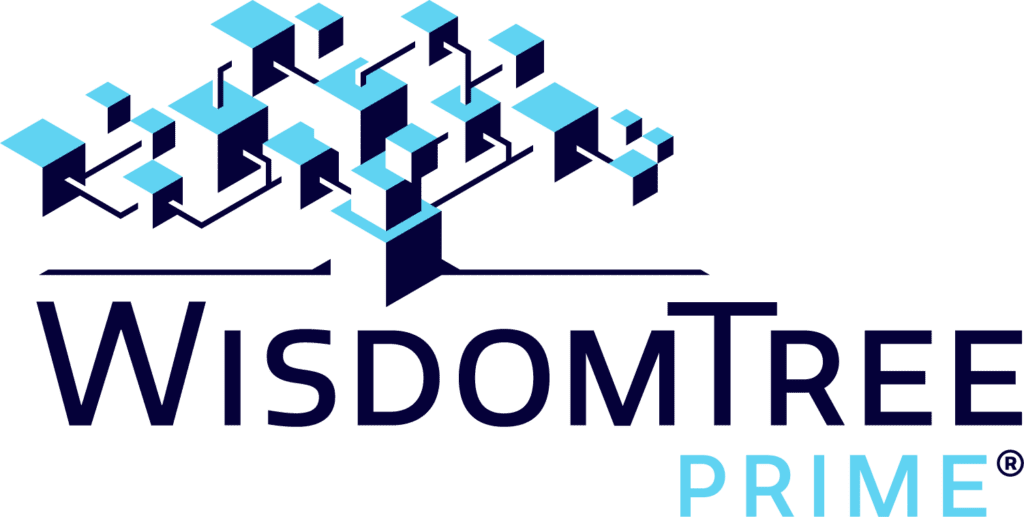Key Takeways:
- Simplicity: Blockchain technology can simplify the recording of asset ownership and transfer records, providing an immutable ledger and reducing complex paperwork.
- Trust and Transparency: The immutable ledger ensures transparency, enhances trust and reduces fraud risk.
- Cost Advantages: Automation and the decentralized nature of the blockchain can significantly reduce operational costs.
- Accessibility and Scalability: Digital platforms allow investors and issuers to easily manage assets and communicate with transfer agents in real time.
What Is a Blockchain and Related Technology?
A blockchain is an open, distributed ledger that digitally records transactions in a verifiable and immutable (i.e., permanent) way using cryptography. A blockchain stores transaction data in “blocks” that are linked together to form a “chain”. Hence, at its core, a blockchain is a record of data.
The introduction of blockchain technology across all aspects of financial services has the potential to transform the industry’s capabilities and functionality, including the tremendous advantages it presents to transfer agents. This technological transformation, achievable by leveraging blockchain technology, can bring compelling improvements in simplicity, scalability, transparency, trust, cost-effectiveness and accessibility to transfer agent activities that could offer significant advantages to both investors and issuers. Although blockchain technology is not yet fully adopted for use by transfer agents and certain hurdles remain for full adoption, the technology presents a lot of opportunity, which we will explore in this blog post.
What Is a Transfer Agent?
A transfer agent plays a crucial role in the financial industry by acting as a trusted intermediary responsible for tracking and managing changes in asset ownership for many different types of issuers. Their duties include recording transactions, maintaining an ownership register, processing and paying distributions, and shareholder communications. This foundational work ensures the integrity and accuracy of financial records and shareholder transactions.
Integrating blockchain technology with transfer agent functions is a logical progression, given that both share similar objectives. Blockchain is designed to maintain information securely, transparently, and immutably, which aligns seamlessly with the core responsibilities of a transfer agent—safeguarding and managing critical ownership information on behalf of their clients. This synergy suggests that blockchain could significantly enhance the efficiency and security of traditional transfer agent processes.
Simplicity through Digital Technologies
Blockchain technology offers the potential to streamline the recording and transferring of asset ownership by using a public ledger which is immutable. This secure method of storing ownership records could greatly reduce the complexity of paperwork and manual verification processes. In doing so, it could maintain high standards of accuracy and data integrity, ensuring reliable transactions and modernizing the traditional model.
Trust and Transparency
Blockchain technology has the potential to bring unmatched trust and transparency to the process of recordkeeping asset ownership by bringing greater visibility to the essential element of recordkeeping. Transactions executed and recorded on the blockchain can be monitored in real time. Greater transparency inherently reduces fraud risk and enhances trust in the financial ecosystem. This could also alleviate regulatory burdens allowing for inspection of records through this public, immutable record.
Cost Advantages of a Blockchain-Enabled Transfer Agent
A blockchain-enabled transfer agent offers the potential for distinct cost advantages over traditional methods. By leveraging the decentralized nature of blockchains and their automated processes, these agents can significantly reduce the dependency on legacy systems. This not only lowers operational expenses but also enhances efficiency, making it a cost-effective solution for recordkeeping.
Accessibility and Scalability
Blockchain technology enhances the accessibility and scalability of transfer agent services. By working with online portals and mobile applications, it allows investors and issuers to easily initiate and track transfers, access documents, and communicate directly with the transfer agent. This technology can enables investors and issuers to interact with their transfer agent from anywhere at any time. As a result, it supports scalability by potentially facilitating a larger and more diverse client base, adapting seamlessly to increased demand.
In conclusion, a blockchain-enabled transfer agent has the potential to revolutionize the field of asset transfers and recordkeeping. By enhancing transparency and efficiency, this innovative approach not only can simplify processes but also potentially scale seamlessly to meet growing demands. It could empower investors and issues with unprecedented control and visibility over their assets, thereby fostering trust and cost-efficiencies. As we look to the future, the potential for blockchain technology to transform the financial landscape is immense, promising a new era of accessibility and reliability in asset ownership and recordkeeping.







